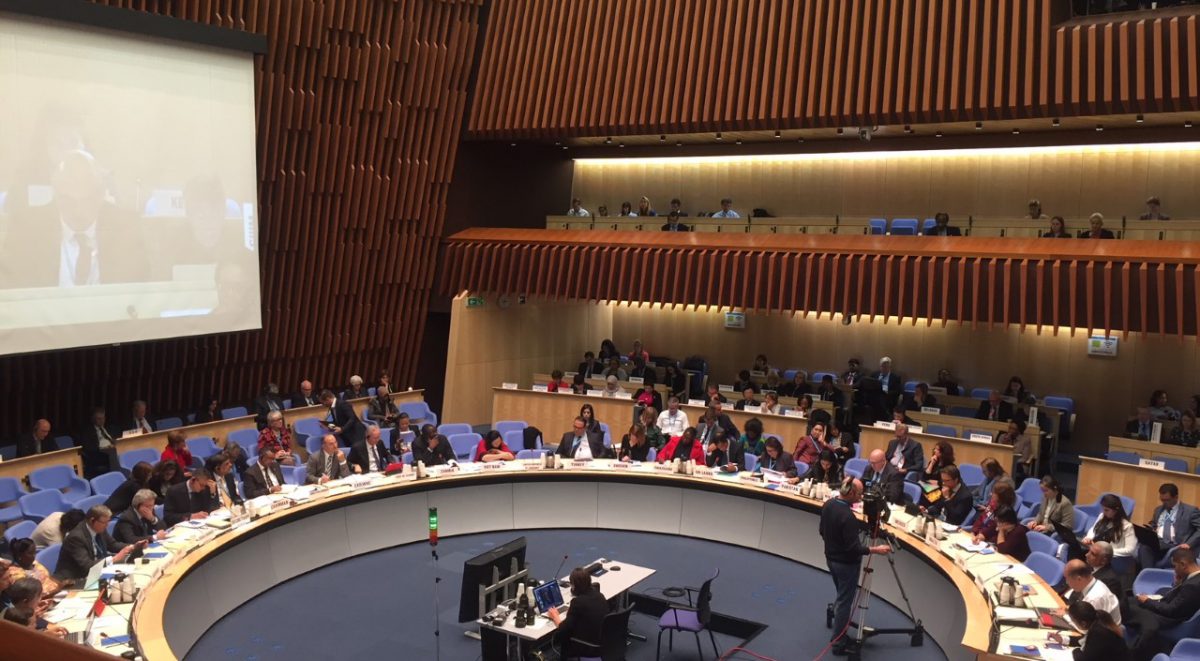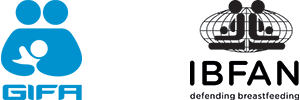
On November 22-23, 2017, a Special Session of WHO’s Executive Board took place in Geneva, after the closing of the open consultations on the draft Concept Note and draft thirteen General Programme of Work, setting WHO’s targets and priorities for the period 2019-2023.
IBFAN participated in the EBSS4 with an oral statement (available also in Spanish), and submitted two written comments to the draft GPW13. Some of the main points of concerns are listed below:
1 – the alignment of WHO’s role and its General Programme of Work with the SDGs, in particular with the partnership SDG 17, risks to undermine WHO’s capacity to fulfill its constitutional mandate and core functions;
2 – the distinct roles of each of the actors involved in the health arena is not clear anymore; they have become blurred by subsuming all actors under terms such as partner, stakeholder, or non-State actor; the boundaries between public and private have further been blurred by the massive building up of public-private hybrids; questions should be asked how to address this problem and how to achieve an meaningful overview over the flurry of public-private hybrids;
3 – there is a gap in the Draft Global Work Plan when it comes to purely public, human rights-centred, legal regulatory approaches, to deal with the ‘eradication’ of commerciogenic causes of all forms of malnutrition (and other health problems);
4 – the emerging GPW13 must come back to phrasing in human rights, public interest-centred language and abandon the business language that is permeating the two documents released prior to this EB Special Session.
5 – reference to FENSA should not be used to justify a change of WHO’s role to become a humble broker of more public-private hybrids. There are other documents which are relevant when assessing whether and when to create a public-private collaboration in the health arena. The FENSA framework must not become a framework to justify undue public-private entanglements.
6 – full funding of WHO should be put on the agenda to allow for the elaboration of a General Programme of Work that would not risk shifting WHO’s constitutional mandate and role. The expenditures could be recovered by avoiding the higher costs which often result from public-private approaches and by avoiding costs from unaddressed conflicts of interest.
Read the full IBFAN GIFA written comment here.
Other related documents:
BMA-IBFAN UK written comment on dGPW13
Judith Richter’s comment on the draft Concept Note towards WHO’s GPW13
